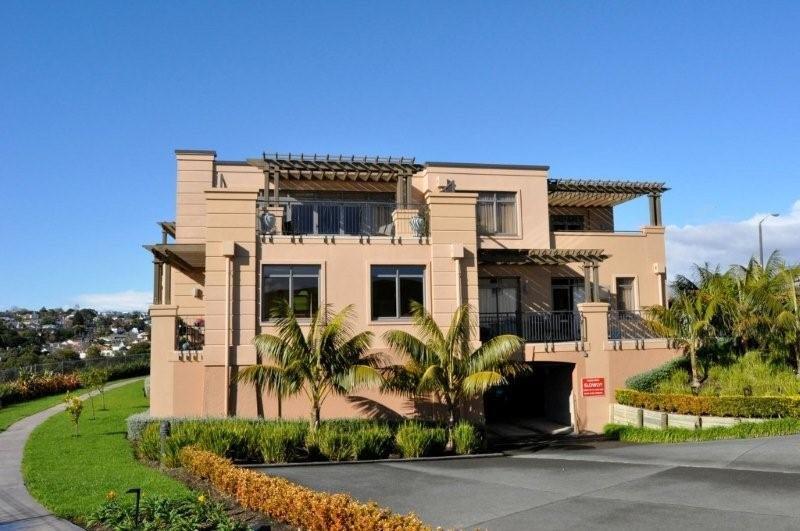1. Social connections
Living in a retirement community provides endless opportunities to develop
close social connections and friendships. This becomes increasingly important
as we get older and face a variety of life events that could trigger loneliness
and isolation. The variety of social activities at retirement communities also
plays a large role in mental stimulation. Informal games are readily available
and fun activities and events like movie-nights, yoga lessons, weekly socials,
and more are at the reach of seniors.
2. The end of home maintenance and repair
Freedom from home maintenance and repair becomes more and more attractive
during senior years. The idea of fixing unanticipated, and often costly,
problems that occur in a home can carry a lot of stress. By making the move to
an independent senior living community, the cost associated with home problems
is eliminated. Often, most repair and maintenance is included in your living
arrangement.The cost of moving into a retirement community can also prove to be more economical. Downsizing from your current home will allow you to reign in your monthly expenses and remove the responsibility of maintaining your home. Using a cost calculator can help you estimate how much you may save. Moving into a retirement community can also offer an opportunity to determine which of your possessions are important to you, rather than leaving this task to others.
3. Ensured safety and proper nutrition
There are many residents living with us in our independent senior living
communities who used to be alone, and who were not eating properly. Residents
do not need to worry about meal preparation or even grocery shopping. Another
benefit—the food is delicious, and chef-prepared! So not only are seniors
enjoying mealtime more, but they also tend to notice improvements in their
health by eating three quality meals each day. From pleasant housekeepers, to attentive servers at mealtime, and
helpful maintenance technicians who are there when you need those, Holiday
Retirement communities are the new extension of your family. We're here to make
your life easier in any way we can. 4. May help you live longer
A Swedish study found that following a healthy lifestyle - being sociable, physically active and participating in leisure activities - could add up to five years to women's lives and six years to men's. "Encouraging favourable lifestyle behaviours even at advanced ages may enhance life expectancy, probably by reducing morbidity," concluded the authors.
Which is great news as all Bupa retirement villages offer a range of daily activities and communal areas where residents can be social and physically active.


